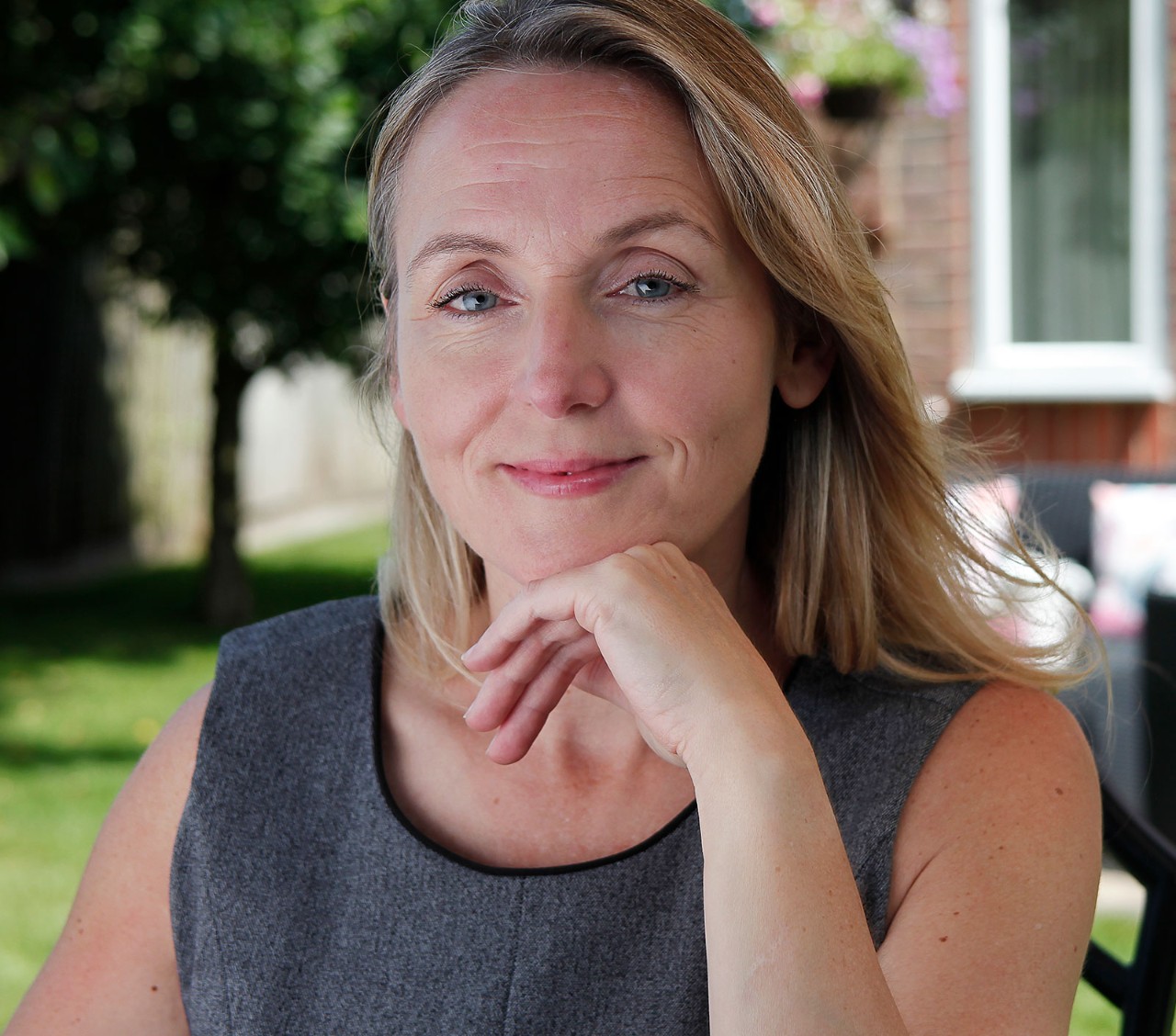I have worked for 20 years at the Charity Commission in both regulatory casework and policy advisory roles. I co-developed the charities statement of recommended practice (SORP, FRS 102), which sets out the reporting and accounting framework for charities in the UK. The SORP inspired the ACCA Companion guide for not-for-profits to the IFRS for SMEs (2015), which I co-authored.
The charity sector faces many challenges. They include sustainability – not just financial sustainability in recovering from the pandemic, but being a good global citizen, which requires trustees to have a clear mission for their charity. Transparency is another – the public wants to know how money is spent and to be assured it is spent well, so charities need to demonstrate the difference they make. Then there is effective governance – the Charity Commission’s regulatory casework frequently reveals poor governance is at the heart of charities that fail. Finally, the sector also needs to demonstrate resilience, innovation and risk management.

The idea of visiting local authorities and checking up on things appealed to me
My journey as an accountancy professional began by joining the Audit Commission for England and Wales as an audit examiner trainee. I hadn’t appreciated that audit was closely related to being an accountant: the idea of visiting local authorities and checking up on things appealed to me. Audit proved a formative experience with its elements of analysis, professional scepticism and evidence-based findings.
I finished my path to qualification with Avon County Council as a financial accountant in higher and further education and then local management in schools. The main area of work was preparation of budgets and financial accounts, committee reporting and final accounts preparation.
I found the NHS fascinating but culturally harsh
On qualification in 1990, I joined the Bristol and District Health Authority as an assistant director of finance. Responsible for the management accounting for three specialist hospitals and a collection of specialist medical support services, I led a small team of support staff, accountancy technicians and accountants. It was my first management role and I found the NHS fascinating but culturally harsh.
Over the course of my 10 years there, the NHS went through several significant changes. My remit expanded to include ambulance contracting, VAT recovery, research and development budgeting, and a charity. Charity accounting did not feature in my training. Encountering the charities SORP made me realise that an income and expenditure account simply wouldn’t do. This in turn led me to the Charity Commission for England and Wales and to the ACCA Qualification.
Whether you serve as a volunteer or in a paid role, the charity sector offers a tremendous opportunity. If you are young, you can build your skills and share your experience. For those later in their career, like me, the sector needs our skills and insights to continue to make a difference.


